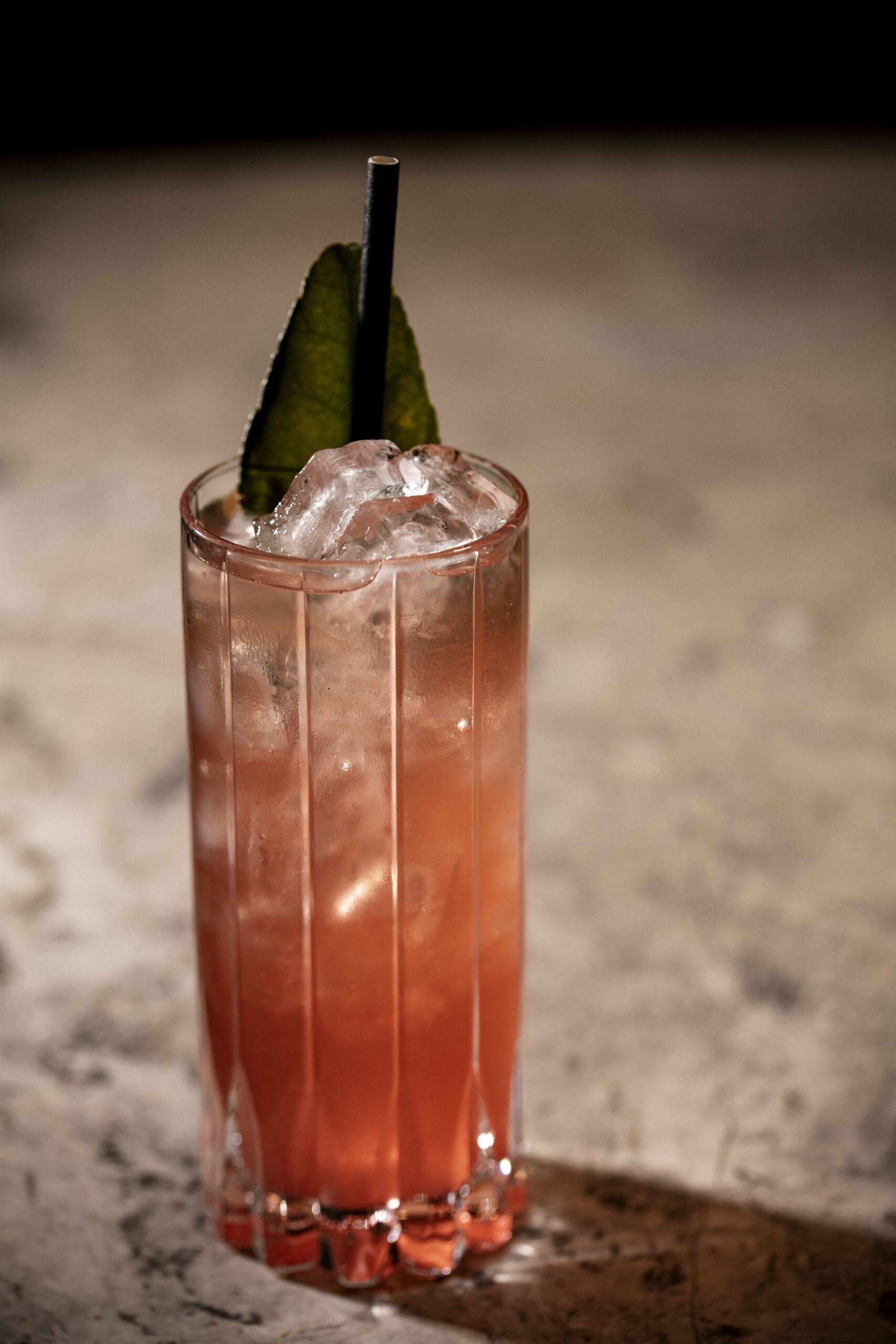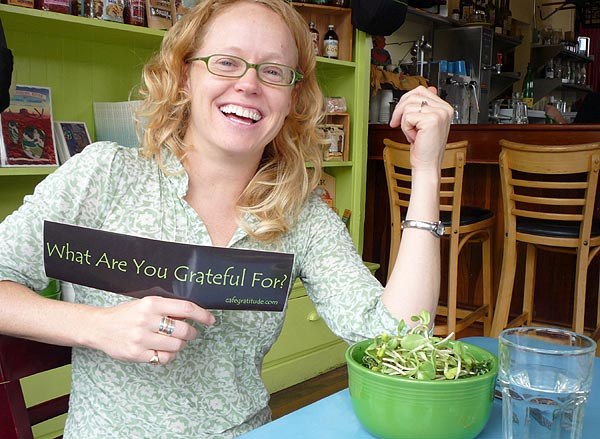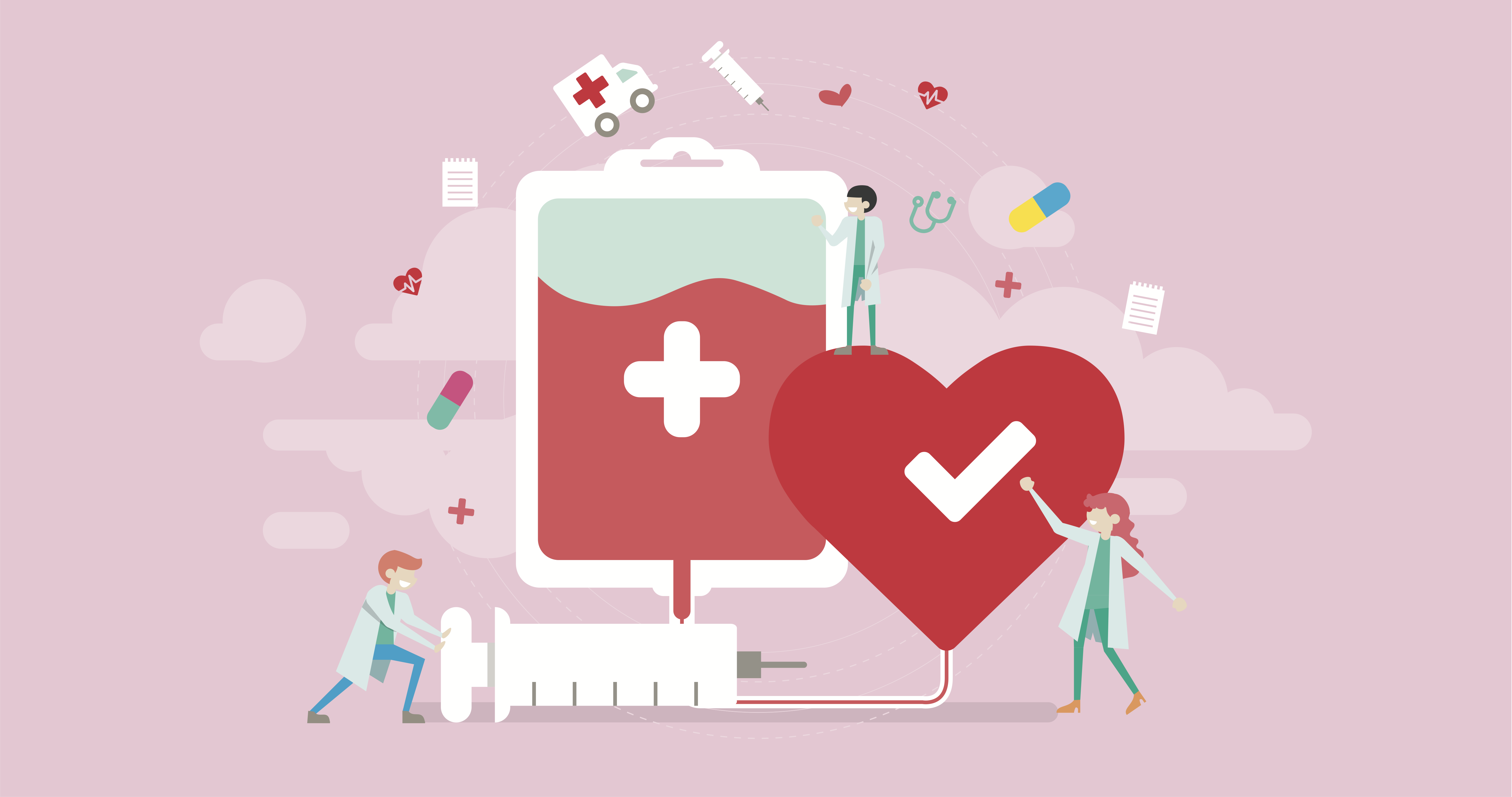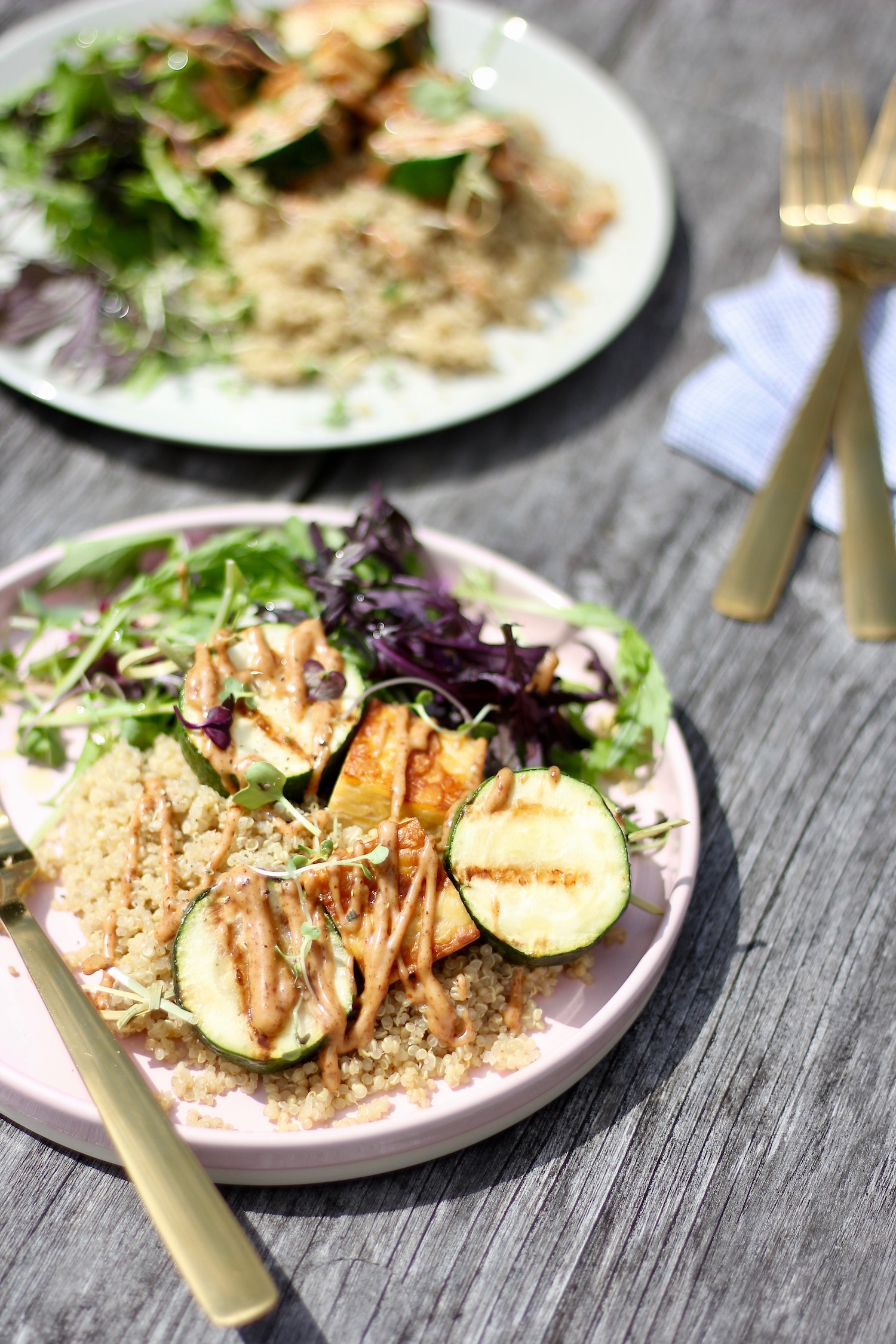The alcohol-free movement is gaining momentum for all the right reasons.
A few weeks ago, I shared on social media that I’d been alcohol-free since April in a bid to be healthier.
The response from people was overwhelmingly positive and supportive, which surprised me a little as I keep company with a lot of wine lovers.
So far, I’ve shed 6kgs (tick), however that wasn’t my motivation for sharing. The wonderful side-effect of giving up wine o’clock is that I’m feeling positively fantastic, so much so that I wanted to shout it out from the rooftops!
I’m literally brimming with positive energy and can’t remember feeling this great or optimistic since my mid-20s, which is when I started drinking on my London OE.
I’ve reclaimed a part of myself that I thought was lost forever. Everything feels exciting and the world filled with possibility.
When I stopped drinking in April, I set myself the goal of a three-month break from alcohol.
The first few weeks weren’t so easy, I’ll admit. When it got to wine o’clock, I had real cravings for my wind down “relaxation in a glass” ritual and was rather grumpy that I couldn’t have it. Until I realised I could.
The global trend for zero-alcohol drinks means there’s now a plethora of great tasting grown-up beverage options so you don’t feel like you’re missing out. Even Guinness has a zero-beer which is now on tap in the UK.
Data compiled by brand tracking company Tracksuit shows that in New Zealand, 2.1 million consumers have bought or are open to purchasing a non-alcoholic beverage in the last three months*. What’s more, category penetration increased 40 per cent from 1.5 million in February 2022 to 2.1 million in January 2023. A similar trend can be seen in Australia.
Recently Pernod Ricard acquired a 14.2 per cent equity stake in Kiwi non-alcoholic drinks firm AF Drinks, which makes drinks that mimic the taste of gin and vodka but without the alcohol and delivered in a can.
AF Drinks founder Lisa King expects the US to be its largest market by the end of the year. In 2022 she also opened New Zealand’s first permanent alcohol-free bottle shop in Ponsonby, Auckland, in response to the shift in drinking culture as more and more people reduce their alcohol consumption to support their fitness goals and overall wellbeing.
There are now ‘Dry January, ‘Dry July’ and ‘Sober October’ challenges and zero-alcohol drinks offer an alternative to stay sober without feeling left out in social settings.
The non-alcoholic beverage market has experienced significant growth, with a variety of products entering the market, including zero-alcohol beer, alcohol-free wines, and non-alcoholic spirits such as Seedlip (the world’s first non-alcoholic distilled spirit).
Pioneering a category of drinks to solve the ‘what to drink when you’re not drinking’ dilemma, Seedlip is now served in over 200 Michelin-starred restaurants and some of the world’s – and New Zealand’s – best cocktail bars.
Beverage companies globally, like Lyres, have invested in research and development to create high-quality zero-alcohol alternatives that closely mimic the taste and experience of their alcoholic counterparts.
And the improved flavour profiles and quality of zero-alcohol beverages have attracted consumers who want to enjoy a drink without the intoxicating effects.
Like anything there’s good and bad tasting non-alcoholic beverages, which is why The Curious AF bottle shop offers tastings.
To date, people have travelled from as far as Hawke’s Bay, New Plymouth, Whangārei and Wellington to the bottle shop where shoppers can discover, try and buy some of the finest alcohol-free offerings from around the world that have been hand-picked by King and her team.
“A lot of people have had bad experience with alcohol-free products previously,” says King. “So we really wanted to encourage people to come and taste it. We’ve got 11 cocktails in our range now, and everyone kind of has their favourite, and things that they might not like. We’ve also been curating from other brands in other parts of the world, drinks that we think are really good. We’ve tried over 200 now.”
Brands available from The Curious AF bottle store include Vanderstreek IPA, Noughty Sparkling Rosé, Four Pillars Rare Dry Bandwagon 0% Alcohol Gin and Guinness 0.0.
It is also worth noting that just because something is zero-alcohol doesn’t mean it is zero calories.
The good news is, all you have to do is check the label before consuming as alcohol-free drinks are required to list all ingredients, unlike alcohol.
Seedlip, which provides all the sensory pleasure of a spirit without the alcohol, is free of calories, sugar, sweetener, artificial flavours and allergens.
And as zero-alcohol drinks become more widely available and accepted, people feel less stigmatised for choosing non-alcoholic options, even in social settings where alcohol is present.
If you’re throwing a party, providing some non-alcoholic grown-up beverages is a way to be a responsible and thoughtful host.
There’s also freedom that comes from being alcohol-free.
You can drive anywhere at any time, save money on Ubers and you won’t get a hangover.
10 tips for reducing alcohol
- Set clear goals: Define specific and realistic goals for reducing your alcohol intake. Whether it’s cutting down the number of drinks per week or abstaining on certain days, having a clear target will make it easier to stay on track.
- Keep track of your consumption: Maintain a journal or use a mobile app to record the number of drinks you have each day. This will help you monitor your progress and identify patterns or triggers associated with drinking.
- Avoid triggers: Identify situations or emotions that often lead you to drink excessively. By recognising these triggers, you can find healthier alternatives to cope with stress or negative emotions.
- Seek support: Share your decision to reduce alcohol with friends, family, or a support group. Having a supportive network can provide encouragement and understanding during challenging times.
- Find alternative activities: Engage in hobbies or activities that you enjoy and that don’t involve alcohol. Exercise, meditation, reading, or pursuing creative outlets can help take your mind off drinking.
- Plan ahead: If you know you’ll be in a social setting where alcohol will be present, plan how you’ll handle it in advance. Opt for non-alcoholic beverages or limit your consumption to a specific number of drinks.
- Stay hydrated: Drinking water regularly can help you feel full and may reduce the urge to drink alcohol excessively. Aim to drink water throughout the day, especially during and after alcohol consumption.
- Avoid “binge” drinking: If you choose to drink, try to pace yourself and avoid excessive drinking in a short period. Moderation is key to minimising the negative effects of alcohol.
- Educate yourself: Learn about the potential health risks and consequences associated with excessive alcohol consumption. Understanding the impact on your body and mind can motivate you to cut down.
- Reward yourself: Celebrate your progress and milestones along the way. Treat yourself to non-alcoholic rewards, such as a favourite meal, a day out, or something else that brings you joy.
Remember, reducing alcohol consumption is a gradual process, and setbacks may occur. Be patient with yourself, and don’t be afraid to seek professional help if you find it challenging to make progress on your own.
Reap the benefits
Reducing alcohol consumption can be beneficial for your overall health and wellbeing.
Improved liver health: The liver processes alcohol, and excessive alcohol consumption can lead to liver damage and conditions such as fatty liver. By avoiding alcohol, you can support your liver function by allowing it to do what it’s meant to do, instead of forcing it to prioritise expelling alcohol from your system every time you have a drink.
Weight management: Alcoholic beverages are often high in calories and can contribute to weight gain. The load it places on your liver can also lead to increased body fat and cellulite.
Helps with hormones: Because the liver can be so busy dealing with alcohol, other substances that the liver has to change so they can be excreted don’t get any attention and are recycled. Estrogen and cholesterol are two examples. It is often the reabsorption of these substances that leads to elevated levels in our body, and associated health challenges.
Better sleep: Alcohol can disrupt sleep patterns and cause sleep disturbances. By not drinking, you may experience improved sleep quality.
Enhanced mental health: By avoiding alcohol, you may experience improved mood and mental wellbeing because alcohol is a depressant and can exacerbate mental health conditions such as anxiety and depression.
Lower risk of certain cancers: Alcohol consumption has been linked to an increased risk of certain cancers, including breast, liver, mouth, throat, and oesophageal cancer.
Reduced risk of accidents and injuries: Abstaining from alcohol helps maintain better physical safety as alcohol impairs judgement and coordination.
Enhanced immune system: Not drinking can help maintain a stronger immune response as alcohol can weaken the immune system, making the body more susceptible to infections.
Useful resource
Livingsober.org is a safe space dedicated to helping you help yourself. From countless tips and techniques including a Sober Toolbox dropdown menu.
Use the code GOOD15 for a 15% discount on the Seedlip website!





